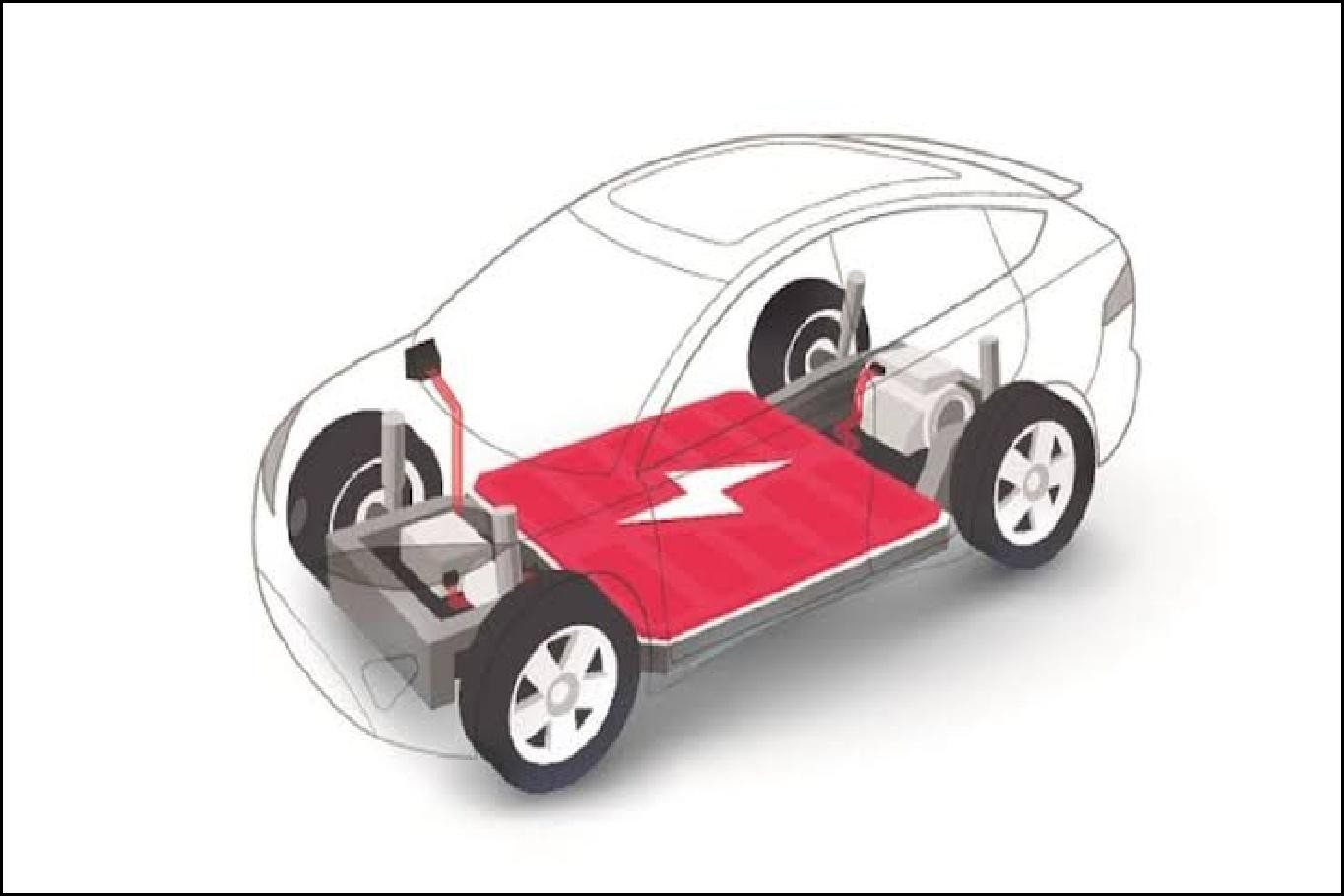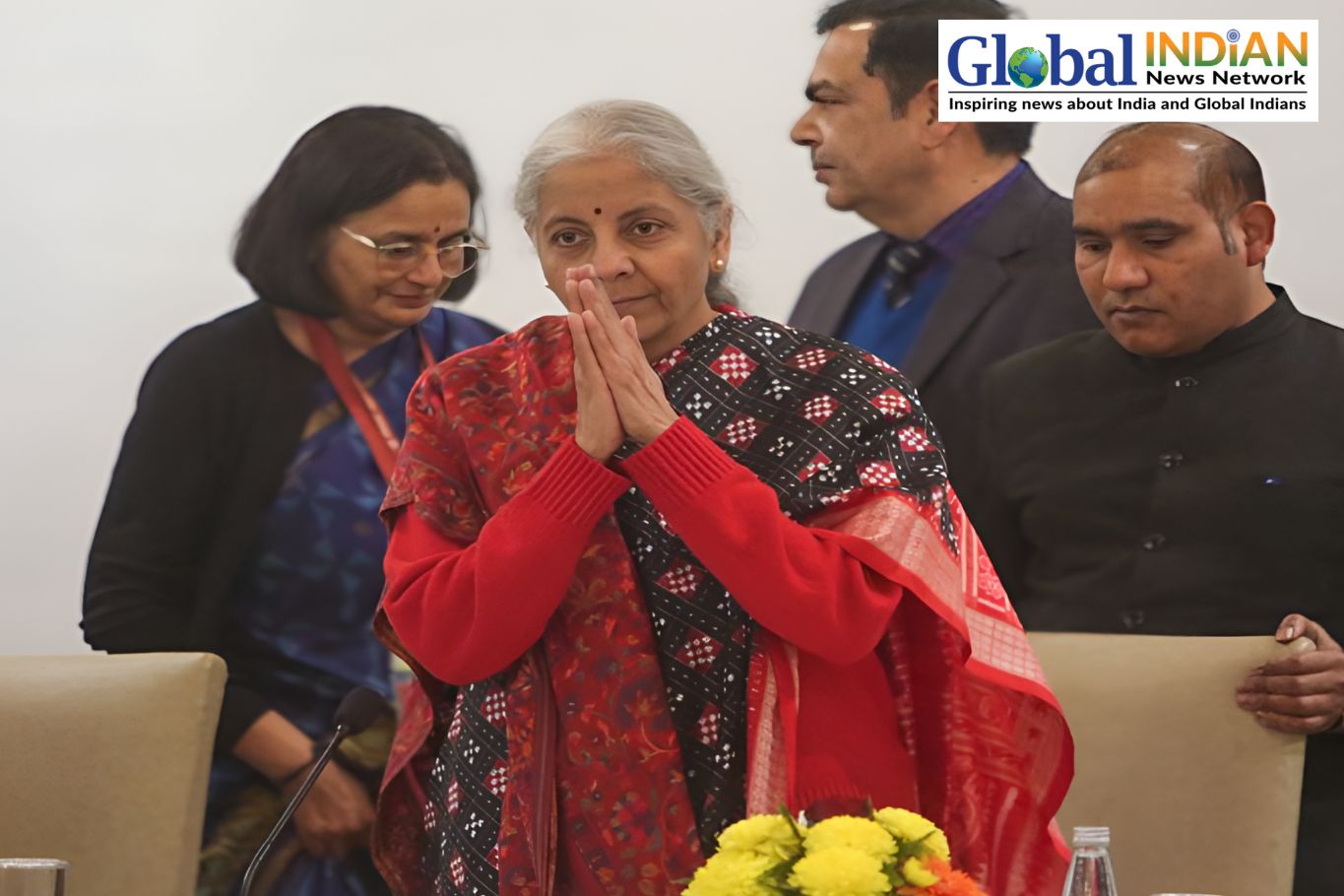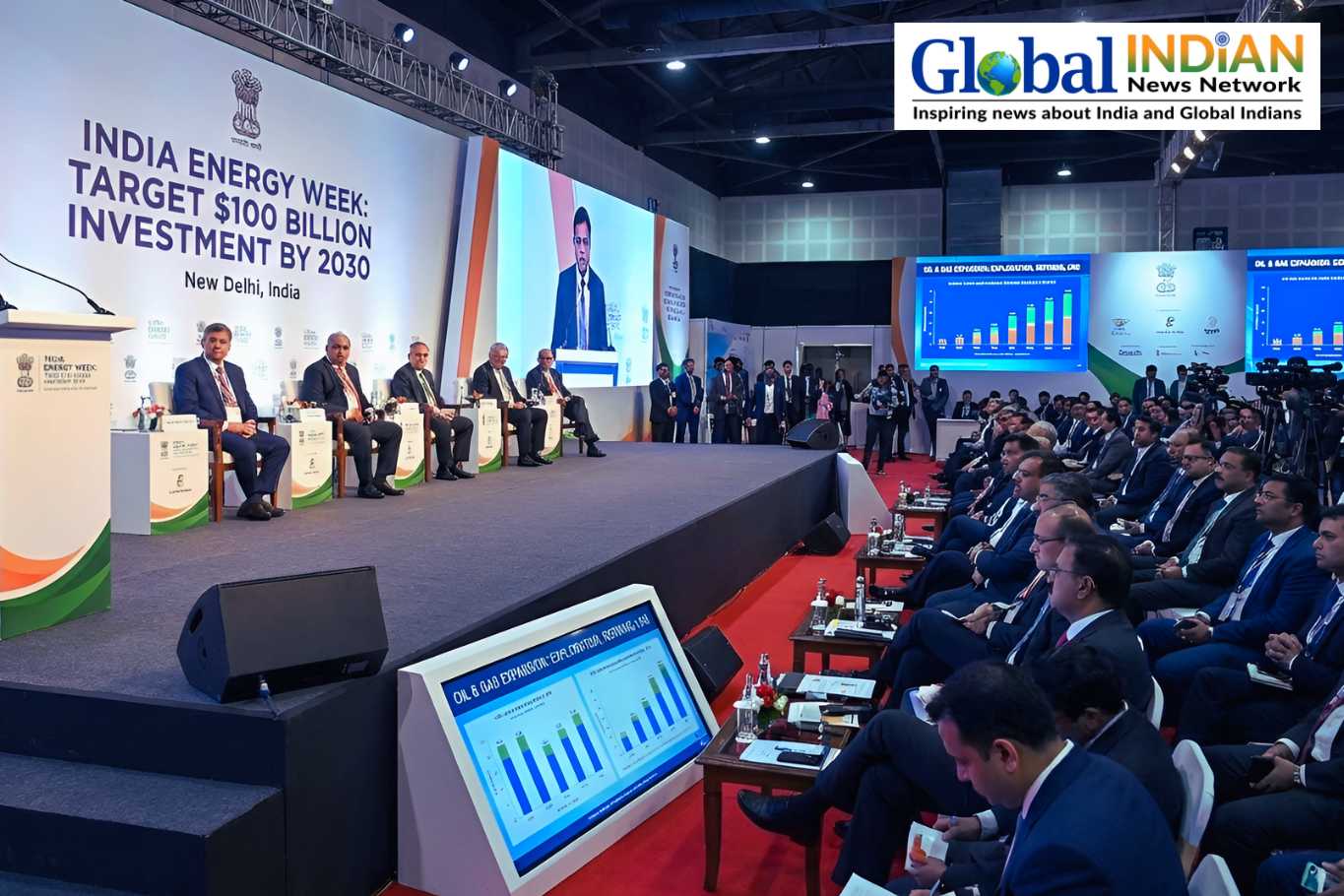
South Korean automotive giants Hyundai Motor Co. and Kia Corp. have partnered with Exide Energy Solutions Ltd to produce batteries for their electric vehicles (EVs) in India. The collaboration, aimed at expanding battery development, production, and supply in the Indian market, was formalized at Hyundai Motor Group’s Namyang research and development (R&D) center in South Korea. Specifically, Hyundai and Kia are focusing on manufacturing lithium-iron-phosphate (LFP) cells to localize EV battery production, positioning themselves as pioneers in integrating domestically produced batteries into their upcoming EV models for the Indian market.
Exide Energy Solutions, a subsidiary of Kolkata-based Exide Industries Ltd, established in 2022, specializes in manufacturing lithium-ion cells, modules, and packs with various chemistries and form factors. The announcement of the partnership resulted in a surge of nearly 12% in Exide Industries’ shares on the Bombay Stock Exchange (BSE), outperforming the benchmark Sensex index.
Highlighting India’s significance in vehicle electrification, Hyundai and Kia’s R&D unit head, Heui Won Yang, emphasized the importance of localized battery production for cost competitiveness, aligning with the government’s carbon neutrality goals. The partnership with Exide Energy Solutions aims to equip Hyundai Motor and Kia’s future EV models in India with locally produced batteries, providing a competitive edge in the market.
India’s growing prominence in the EV sector prompted Hyundai and Kia to take proactive steps in introducing EV models to capitalize on the market’s potential growth. Present at the signing ceremony were Exide Energy’s CEO and managing director, Mandar V. Deo, along with key executives from Hyundai and Kia.
Kia, during its recent investor day meeting in Seoul, unveiled ambitious plans to become a leading EV brand, with a focus on electrified models, including hybrid electric vehicles, plug-in hybrids, and battery EVs. The company aims to achieve annual electrified model sales of 2.48 million units by 2030, comprising 58% of its total sales. Kia’s strategy includes the launch of six EV models by 2026, starting with the EV3 this year, followed by EV2, EV4, and EV5 in various markets.
In India, Kia intends to introduce its flagship EV9 later this year, along with the Clavis EV and Carens EV (KY-EV) in the following year, showcasing its commitment to the country’s rapidly evolving EV landscape.











